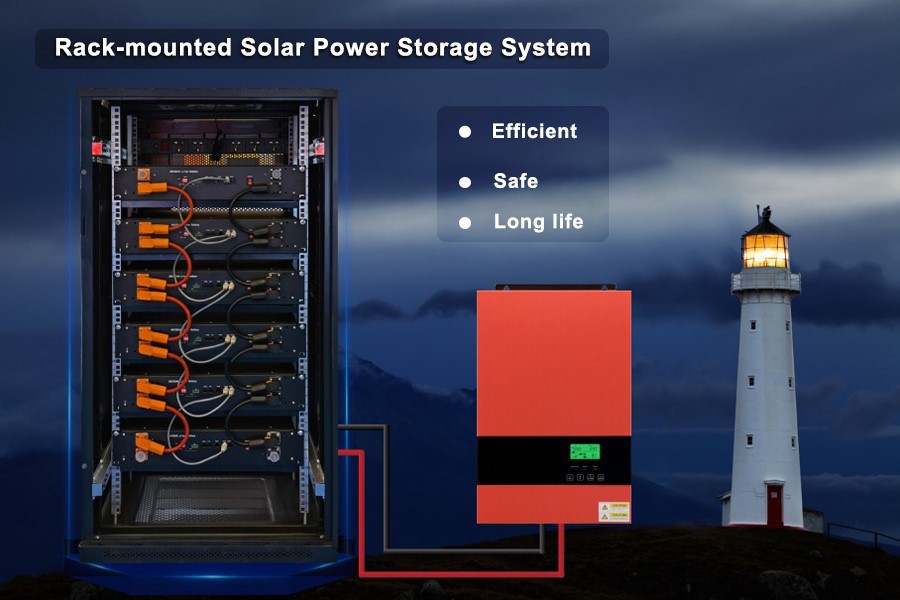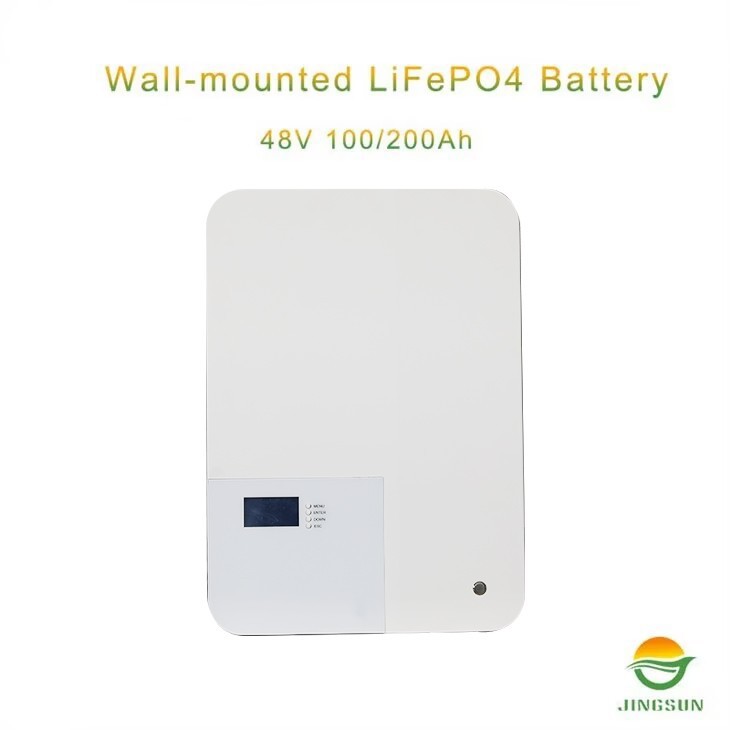Which Lithium Battery Is Best For Energy Storage?
As more renewable energy sources are integrated into the grid, the demand for energy storage solutions continues to increase. One of the most popular energy storage solutions is lithium-ion batteries. However, there are many types of lithium-ion batteries, each with their own advantages and disadvantages. In this article, we will compare and analyze the performance of four different types of lithium-ion batteries used in energy storage applications.
Stacked lithium-ion battery

Stacked lithium-ion batteries are composed of multiple battery modules stacked on top of each other. This design is easy to install and is ideal for residential applications. The stacked design also minimizes noise and vibration during operation.
Although stacked lithium-ion batteries have proven to be a popular choice for residential energy storage, their capacity is limited. Maintaining each individual module can also be challenging, which can result in a shortened service life.
Rack-mounted lithium-ion battery

Rack-mounted lithium-ion batteries consist of multiple battery modules mounted on a rack. This design is easily scalable and ideal for commercial applications. The modular design also makes maintenance easier, extending battery life.
The disadvantages of rack-mounted lithium-ion batteries are that they require a larger footprint than stacked batteries and can be noisy which makes them less suitable for residential applications. They may be more suitable for use in public utilities or businesses, such as hospitals, factories, computer centers, etc.
Wall-mounted lithium-ion battery

Wall-mounted lithium-ion batteries are similar to stacked batteries in that they are designed for residential applications. However, they are mounted on the wall, making them easier to install and save space, and are simpler and easier to operate.
The disadvantage of wall-mounted lithium-ion batteries is that they have limited capacity, making them less suitable for large residential applications. However, they can also be used in series using multiple identical models.
Steel case lithium ion battery

Steel-case lithium-ion batteries are unique in that they use a steel case, similar to lead-acid batteries. This design makes them more durable and less susceptible to damage than other types of lithium-ion batteries. The steel enclosure also provides additional protection in the event of thermal runaway or explosion.
The disadvantage of steel-cased lithium-ion batteries is that they are bulkier than other types of lithium-ion batteries. Compared with other types of lithium-ion batteries, they have lower capacities and require more use so they take up more space, making them less suitable for residential applications.
in conclusion
Each type of lithium-ion battery has its own advantages and disadvantages. Ultimately, the best lithium-ion battery type for energy storage will depend on the specific application and requirements. It is recommended to consult with Jingsun to determine the best lithium-ion battery type for your energy storage needs. However, despite the differences between these batteries, it is clear that lithium-ion batteries are the most promising technology for energy storage applications. They are reliable, efficient and have the potential to revolutionize the way we store energy.

